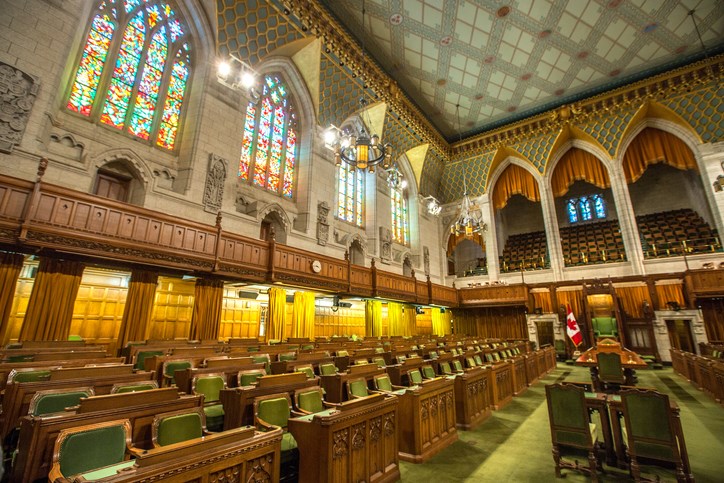Five days from now, Canadians will vote in their second federal election in less than two years and what the results will be remain to be seen.
Generally, however, there are some safe predictions to make. The Bloc won’t win any seats outside of Quebec, the Greens probably won’t win any seats outside of B.C. and will only take one, maybe two, if any. Conservatives will run up their share of the popular vote by dominating in rural ridings in Western Canada. The NDP will win little east of Ontario and Canada’s biggest province will play the deciding factor in who forms the next government.
Right now, according to polling website 338canada.com, the Conservatives may slightly outpace the Liberals in terms of overall votes, but will probably win fewer seats because they will beat the other candidates by large margins in the Prairies and parts of British Columbia. The People’s Party of Canada? They probably won’t win any seats at all.
It is, of course, up to the voters to make the final determination and while it was widely considered at the outset of the campaign that the Liberals would win, pundits and predictors aren’t so sure now. The Conservatives could well win the most seats, though probably not a majority. The same seems to hold true for Justin Trudeau’s Liberals, who likely hold an advantage when it comes to governing from a minority position, given that they have more natural allies. The Tories teaming up with the Greens, the NDP or the Block Quebecois is difficult to imagine.
Here in Northern Manitoba, the local race could be interesting. Incumbent Niki Ashton is still considered the likely winner of the Churchill-Keewatinook Aski electoral district, but polling data for the region is scant and many First Nations and Indigenous organizations are throwing their weight behind Liberal candidate Shirley Robinson of Cross Lake in an effort to secure an Indigenous Member of Parliament for an Indigenous-majority riding. If they had a better candidate in 2015, when someone who didn’t even live in the riding came within less than 1,000 votes of unseating Ashton, the Liberals would more than likely have won. This time it will depend on how the anger at Ashton over her travels to Greece during the pandemic manifests itself. If voters just stay home, it will hurt, but possibly not as much as if they switch their votes to other parties, though if they do so with fairly even distribution she would still have a good chance of coming up the middle and squeaking out a victory.
Just as important as where Ashton’s traditional votes go is how many previous non-voters are motivated to cast a ballot. The NDP has the most well-organized political machine in the riding, but turnout typically is well below 50 per cent, meaning there are a lot of potential votes out there, enough in theory to overcome even the massive edge in ballots cast that usually favours the NDP. If issues like the discovery of graves of residential school students all over the country in the spring and summer make people decide to make their voices heard instead of sitting on the sidelines, there could be a new MP come next week.
This newspaper has never made it a practice to endorse any candidate. Vote for whoever you want to, for whatever reasons you have. But if at all possible, ensure you get to the polls on Monday if you haven’t voted already. It’s your right and, in a parliamentary system like Canada’s, it sometimes feels like the only time when you can have any influence at all.






